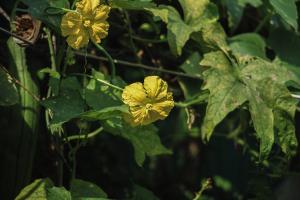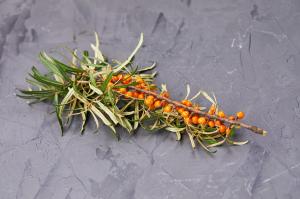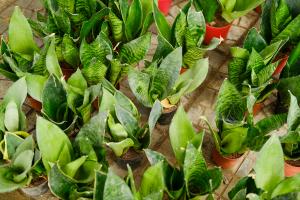Are Dead Tomato Plants Good for Compost?
Composting is a process of breaking down organic materials into nutrient-rich soil amendment. It's a great way to reduce waste and nourish your garden at the same time. If you're a tomato gardener, you might be wondering if you can add your dead tomato plants to your compost pile. The answer is yes, and in fact, dead tomato plants can be an excellent addition to your compost.
Why Are Dead Tomato Plants Good for Compost?
Firstly, tomato plants are rich in nitrogen, which is an essential nutrient for plants' growth. When you add dead tomato plants to your compost pile, they'll break down and release this nitrogen into the soil. This, in turn, will nourish the microorganisms in your compost pile, helping them break down the other organic materials faster.
Secondly, tomato plants have deep roots that can bring up nutrients from the soil. When you compost these plants, you're returning those nutrients back to the soil. This is especially true if you had healthy tomato plants that were loaded with fruit during the growing season. Those plants probably brought up a lot of nutrients that are now trapped in their dead leaves and stems.
Lastly, adding dead tomato plants to your compost pile is an easy way to reduce waste. Instead of tossing those plants in the trash, you're turning them into something useful. Plus, if you're an avid tomato gardener, you might have a lot of dead plants on your hands. Composting them is a great way to deal with that excess without overloading your garbage can.
How to Compost Dead Tomato Plants?
Composting dead tomato plants is easy. Simply add them to your compost pile, making sure to layer them with other materials like brown leaves or shredded newspaper. You can also add some grass clippings, coffee grounds, or vegetable scraps to the mix to balance out the nitrogen and carbon content. If you want to speed up the composting process, you can also shred the plants first, either by hand or with a chipper/shredder.
One thing to keep in mind is that tomato plants can carry diseases like blight, fusarium wilt, and verticillium wilt. These diseases can survive in the compost pile and infect your new plants when you use the compost. To avoid this, make sure to add a healthy amount of other organic materials to your compost pile so that it heats up and kills any pathogens. You can also avoid composting diseased plants altogether and dispose of them separately.
Conclusion
In conclusion, composting dead tomato plants is a great way to add nutrients to your soil, reduce waste, and nourish your garden. Whether you have a small backyard garden or a large farm, composting is an easy and effective way to improve your soil's quality and fertility. So, the next time you're wondering what to do with your dead tomato plants, consider adding them to your compost pile.

 how many times do yo...
how many times do yo... how many planted tre...
how many planted tre... how many pine trees ...
how many pine trees ... how many pecan trees...
how many pecan trees... how many plants comp...
how many plants comp... how many plants can ...
how many plants can ... how many plants and ...
how many plants and ... how many pepper plan...
how many pepper plan...





























